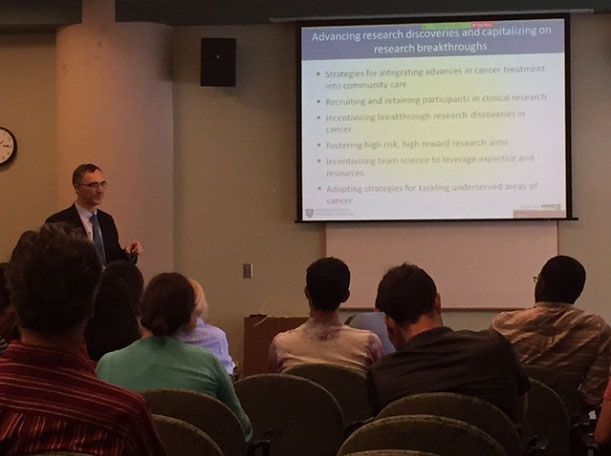By Anastasia Artamonova
On Tuesday, the CDC announced that a Utah caretaker appears to have become infected with the Zika virus apart from the currently known means of exposure, which include bite from an infected mosquito or sexual contact with an infected person. The person diagnosed had been caring for an elderly family member who passed away in June of 2016, having been the first case of Zika-related death in the United States. This case raises the possibility that the Zika virus can be transmitted in a new and currently unknown way, since mosquitos that carry Zika are not known to exist in Utah, the caretaker was not reported to have traveled in areas where the carrier mosquito is present, and he had not reported any sexual contact with Zika-infected individuals.
The Vaccine and Immunotherapy Center has a research team, led by Dr. Dahlene Fusco, that is working on mechanisms related to immune responses to Zika. The VIC Zika research team recognizes the importance of maintaining a safe research environment while striving to bring to light more information on the virus. Our team will be closely monitoring events in Utah for any updated information, and until further information is available we are following the safety precautions stated by the CDC.
More information about Zika can be found at:
http://www.cdc.gov/media/releases/2016/s0718-zika-utah-investigation.html



